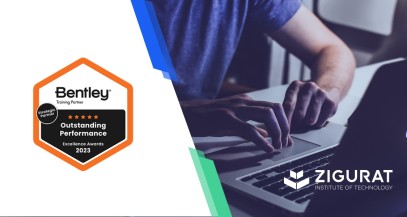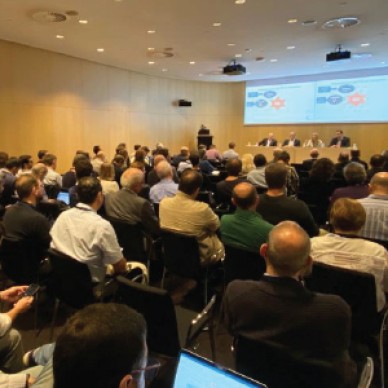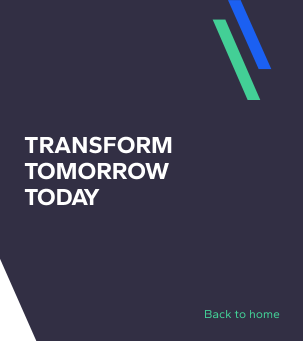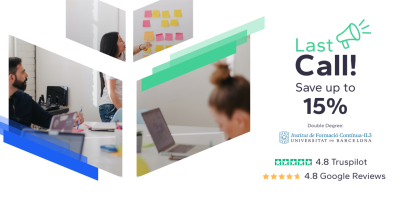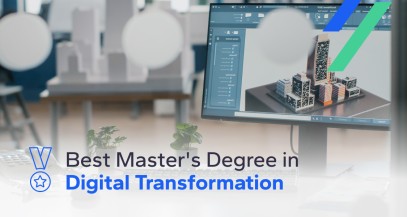On the occasion of the IoT Solutions World Congress, Jordi Damià - the director of Zigurat’s MBA and the CEO of Setesca - participated in a roundtable event to discuss innovation, digital transformation and technological disruption. The debate was organized and moderated by Cercle de Directors TIC.
IoT Solutions World Congress is an event that takes place in Barcelona from 29 to 31 of October and is committed to bringing together the IoT solutions’ providers and the industry. It’s within that framework that the Cercle de Directors TIC - or, in other words, an organization of local ICT executives - asked experts of different backgrounds to discuss the times and changes ahead of us from the perspective of the CIO (Chief Information Officer).
The round table was dedicated to emerging technologies and CIOs role in introducing and advocating for them was attended by Ignasi Sayol, the President of Logistics Cluster of Catalunya; Anna Sánchez Granados, vice president of telecos.cat, Miguel Jara, director of the area of consultancy and engineering of Sayós & Carrera, and Jordi Damià, the director of Global MBA in Digital Business. Moderated by Jordi Ruppmann, the round table debated on topics from data and connectivity to computing and robots and innovation and resources in general.
The CIOs must pave the way for the implementation of new technologies
The moderator, Jordi Ruppmann stated in his introduction to the debate that technology is a facilitator. But the technology itself doesn’t equal innovation. In a corporate context, innovation is something that comes to life when people with vision implement novel and creative ideas to generate value and stay relevant. According to Anna Sánchez, everything new and exiting can’t be called innovation before it has actually succeeded in bringing actual benefits.
That’s why now, more than ever, the CIOs must make decisions and know how to implement new technologies in their companies. Jordi Damià explained that innovation relies on three pillars: first, having aboard a person with an innovative spirit, second, that the innovator is a good communicator capable of explaining the changes and what they would contribute, third, that the company culture permits that person to make proposals and innovate.
When it comes to data, the participants of the roundtable agreed that it’s one of the most valuable resources of our time, the oil of the 21st century and that the CIOs should be attentive to the improvements that data could propose for the company. As of connectivity, according to Miguel Jara, it will still take a couple of years to see the user-level functionalities of the 5G and discover all that it can provide. Something similar happens to quantum computing: we’re still some time away from widespread adoption, however, it would be interesting to reserve an investment percentage to explore the options in the future.
One of the important conclusions of the roundtable debate was that even if robots are to take some of the current jobs, they will also create new ones. According to Ignasi Sayol, this change will permit the employees to dedicate themselves to the more humane tasks leaving the mundane one to the machines.
To conclude the discussion, the more general topic of resources was discussed. Jordi Damià reminded the companies that they should treat the resources they want to hire in the same way that we would like to be treated. As his last advice to CIOs, he emphasized once again the communication skills: “We are worth as much as we seem to be able to contribute.”
